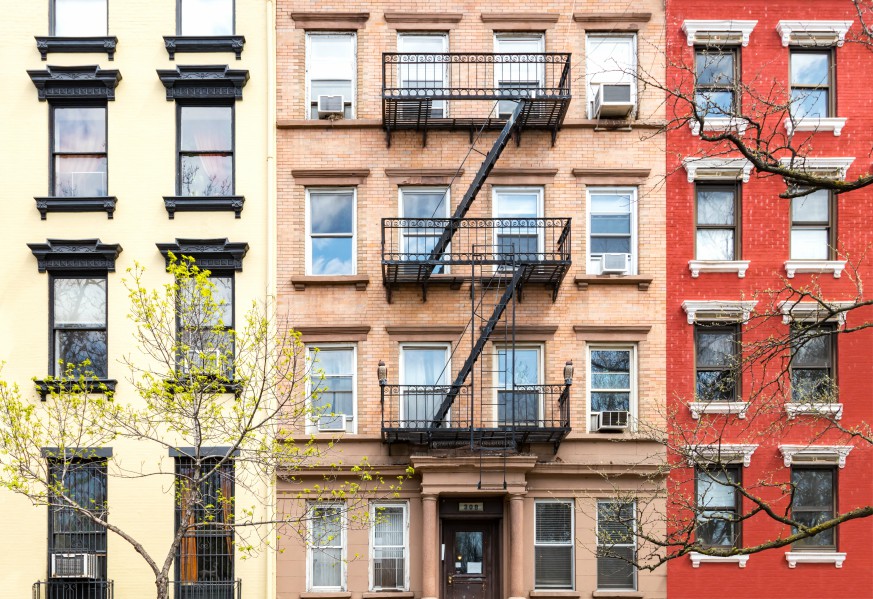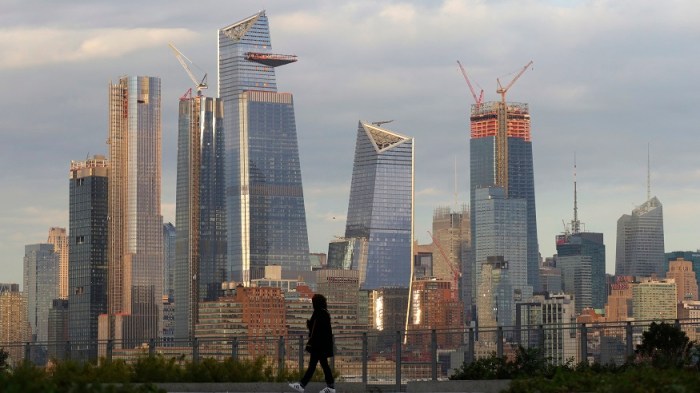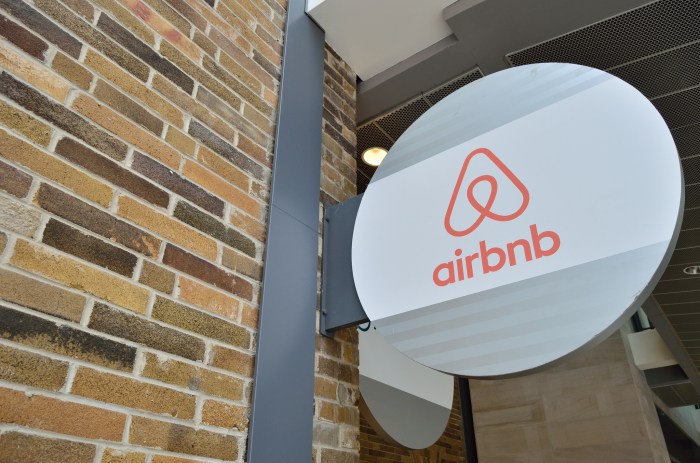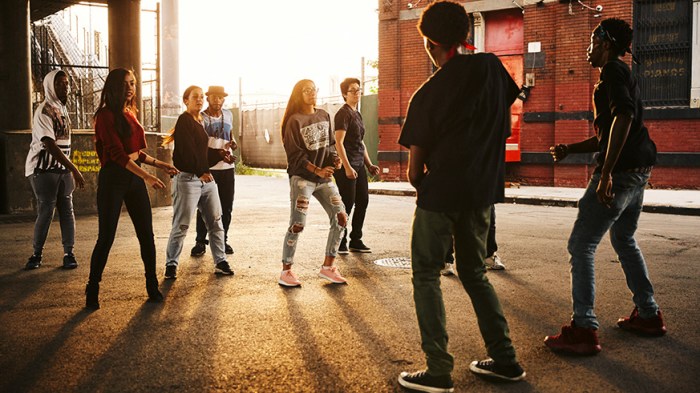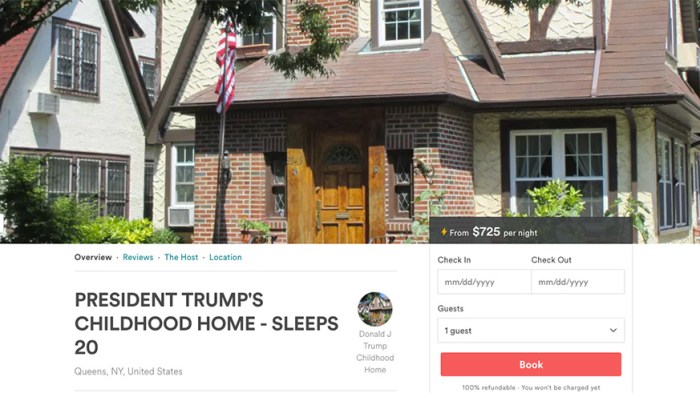New York City officials have been against Airbnb for a while, saying that the short-term rental sites violate laws and threaten residents’ “quality of life.”
Now, a new report by others who oppose the rental website details just how the presence of Airbnb has affected the city.
Airbnb in New York City has led to a median rent increase of $380 a year, according to the report conducted by a researcher at McGill University in Montreal and commissioned by the Hotel Trades Council, a New York hotel workers union.
McGill urban planning professor David Wachsmuth headed the analysis, called “The high cost of short-term rentals.” The report was co-sponsored by New York City housing and tenant advocacy groups, like New York Communities For Change, Hell’s Kitchen Neighborhood Association and more.
Wachsmuth and his team looked at Airbnb activity in New York over the past three years, from Sept. 2014 to Aug. 2017.
Researchers found that between 7,000 and 13,500 long-term housing units have been removed from the city’s rental market because of Airbnb.
That reduction in the city’s housing supply means rents have gone up, according to the report. Though the median increase was $380 per year, some neighborhoods in Manhattan saw a rent increase of $700 or more, researchers said.
Under New York state law, entire-apartment Airbnb listings are illegal (for periods fewer than 30 days) and yet, according to this report, entire-apartment listings account for 75 percent of the total Airbnb revenue in New York City and 51 percent of the total Airbnb listings here.
Researchers estimate that 87 percent of New York City entire-home listings are illegal, and thus 45 percent of all Airbnb reservations in the city and two-thirds of all Airbnb revenue is from likely illegal listings.
There are also about 4,700 “ghost hotels,” per the report, which researchers define as private-room listings that are actually many rooms in a single apartment.
These listings have taken away 1,400 units from the city’s housing market, “and are a new tactic for commercial Airbnb operators to avoid regulatory scrutiny,” researchers say.
Though some have cited that Airbnb is a good way for struggling New Yorkers to supplement their income, that earning power isn’t spread across the platform.
The report found that the top 10 percent of hosts earned 48 percent of all Airbnb revenue last year, while the bottom 80 percent of hosts earned just 32 percent.
Wachsmuth has researched Airbnb previously, focusing on the company’s impact in Canada. Speaking in August about that, he noted that he believes the term “sharing economy,” often used to describe the short-term rental business as well as companies like Uber, is misleading.
“When you think about sharing, you think about giving something to somebody for free. Uber and Airbnb are actually new ways to sell things,” he said in a video from McGill. “Airbnb is much more like a new way for landlords to rent their apartments for more money.”
Airbnb disputes these findings, citing issues with the report’s methodology. None of the booking data, including how long listings were booked or for how much money, came from the company itself, but from a third party site.
Wachsmuth acknowledges in the report that the dataset “cannot be fully accurate” but he believes “it is the most accurate third-party estimate available, and it enables us to estimate occupancy rates as well as revenues for each property over time.” These estimates — based on how often listings were available, not necessary booked — are inflated, according to Airbnb, thus skewing the conclusions the report makes.
The company believes the report also fails to mention the benefits of Airbnb, particularly with helping New Yorkers afford their rent by listing their homes when they are away.
Currently, there is a volunteer “one host, one home” rule in New York City. Airbnb is interested in making that a law.
“Airbnb supports legislation that would restrict home sharing to one single home, which would finally allow enforcement to focus on illegal hotel operators while protecting regular New Yorkers who are trying to make some extra money to live in a city that gets more expensive by the year,” said Josh Meltzer, head of northeast policy at Airbnb, in a statement. “The comprehensive legislation being considered in Albany would protect public safety and target bad actors operating illegal hotels, while allowing responsible hosts to continue to share their primary home.”

